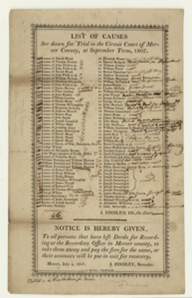
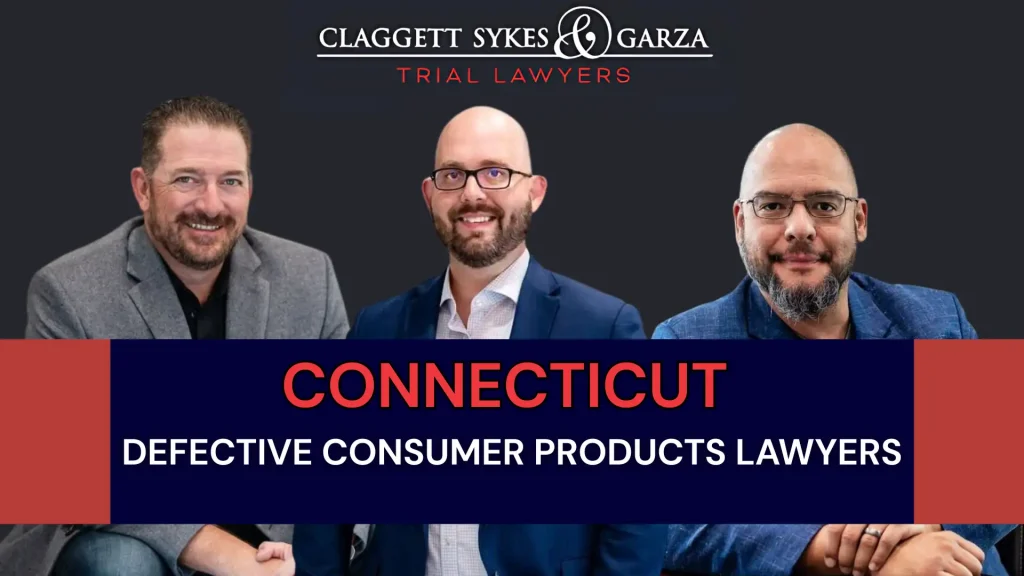
When defective consumer products cause serious injuries, Claggett, Sykes & Garza Trial Lawyers fights for Connecticut families. Our Connecticut defective consumer products lawyers have secured record-setting verdicts, including $153 million in product liability cases. We handle dangerous household appliances, children’s products, and defective consumer goods throughout Connecticut, and a skilled Defective Consumer Products Lawyer can help you pursue the justice and compensation you deserve.
Understanding Defective Consumer Product Claims in Connecticut
Consumer products enter our homes with the expectation of safety and reliability. When manufacturers fail to meet these expectations, the consequences can be devastating. Connecticut families trust that the products they purchase have undergone proper testing and meet safety standards. Unfortunately, defective consumer products continue to cause serious injuries and deaths across our state.
Product liability law in Connecticut holds manufacturers, distributors, and retailers accountable when their products cause harm. These cases require thorough investigation, expert testimony, and aggressive advocacy to ensure injured consumers receive fair compensation. Our Connecticut personal injury lawyers understand the complexities of product liability litigation and have the resources to take on major corporations and their legal teams.
Types of Consumer Product Defects
Connecticut product liability law recognizes three primary categories of product defects. Design defects occur when a product’s blueprint or specifications create inherent dangers, making the entire product line unsafe for consumers. Manufacturing defects happen during the production process, affecting specific units while the overall design remains sound. Marketing defects involve inadequate warnings, insufficient instructions, or misleading advertising that fails to inform consumers about potential risks.
Each type of defect requires different legal strategies and evidence. Design defect cases often involve alternative design analysis and industry standards review. Manufacturing defect claims focus on quality control failures and production line problems. Marketing defect cases examine whether manufacturers provided adequate warnings and instructions to prevent foreseeable injuries.
The Consumer Product Safety Commission (CPSC) oversees safety standards for thousands of consumer products and issues recalls when dangerous products are identified in the marketplace.
Connecticut Product Liability Laws
Connecticut follows strict liability principles in product defect cases, meaning injured consumers do not need to prove negligence. Instead, they must demonstrate that the product was defective when it left the manufacturer’s control and that the defect caused their injuries. This legal framework protects consumers by placing responsibility on manufacturers who profit from product sales.
Connecticut’s product liability statutes are codified in Connecticut General Statutes § 52-572m et seq., which serves as the exclusive remedy against product sellers. The law allows claims to be asserted without requiring direct purchase from the seller and recognizes that multiple parties in the supply chain can be held liable, including manufacturers, wholesalers, distributors, and retailers.
Our Connecticut trial lawyers have extensive experience navigating these complex statutes and securing maximum compensation for injured consumers throughout the state.
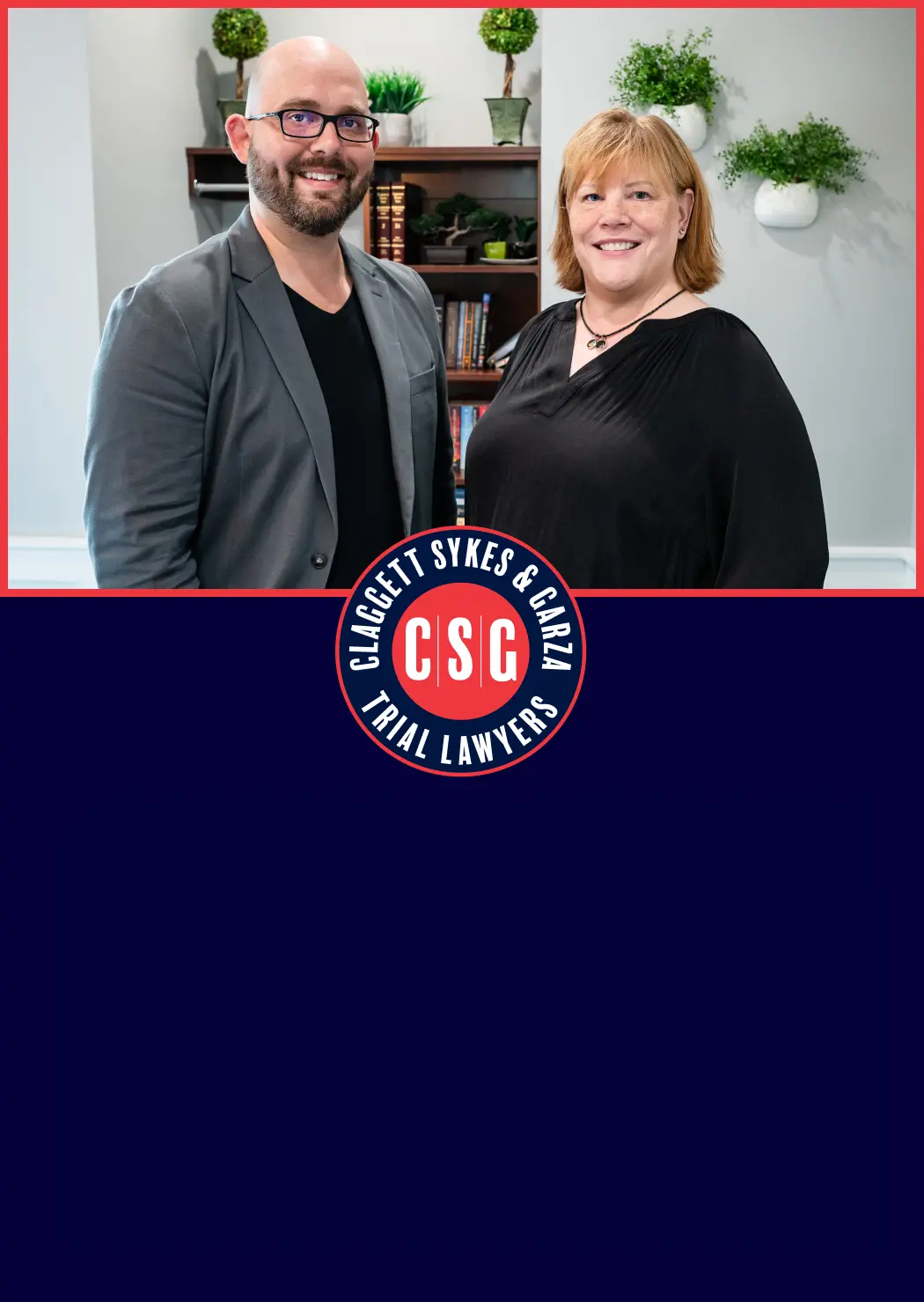
Get the Compensation You Deserve. Our Experienced Lawyers Can Help.
Common Defective Consumer Products We Handle
Our Connecticut defective consumer products lawyers have experience with a wide range of dangerous products that have caused serious injuries to consumers. From everyday household items to specialized equipment, defective products can lurk in any category. We investigate each case thoroughly to identify all responsible parties and pursue maximum compensation.
Household Appliances and Electronics
Kitchen appliances, heating systems, and electronic devices can pose significant dangers when defectively designed or manufactured. Defective refrigerators have caused fires and explosions, while faulty space heaters have led to carbon monoxide poisoning and house fires. Defective washing machines and dryers have injured users through electrical malfunctions, mechanical failures, and chemical exposure.
Electronic devices present unique risks, including battery explosions, electrical fires, and toxic chemical exposure. Smartphones, tablets, and laptops have caused burns and injuries when batteries overheat or explode. Television sets and computer monitors have injured consumers through tip-over accidents and electrical malfunctions. Our legal team works with technical experts to identify design flaws and manufacturing defects in these complex products.
The National Institute of Standards and Technology (NIST) establishes technical standards for electronic devices, while the Federal Trade Commission (FTC) enforces consumer protection laws related to product safety and marketing.
Children’s Products and Toys
Children’s products must meet strict safety standards, yet defective toys and juvenile products continue to cause serious injuries. Cribs with defective hardware have collapsed, causing suffocation and crushing injuries. High chairs with faulty restraint systems have allowed children to fall and sustain head injuries. Strollers with defective wheels or folding mechanisms have caused tip-over accidents and finger amputations.
Toy recalls frequently involve choking hazards, toxic materials, and sharp edges that can injure children. Action figures with small parts, stuffed animals with loose buttons, and electronic toys with exposed wires have all caused preventable injuries. We understand the unique challenges of children’s product liability cases and work diligently to hold manufacturers accountable for putting profits over child safety.
Our Connecticut catastrophic injury lawyers have handled numerous cases involving dangerous toys and juvenile products that have caused serious injuries to Connecticut children.
Personal Care and Beauty Products
Cosmetics, skincare products, and personal care items can cause chemical burns, allergic reactions, and long-term health problems when defectively formulated or contaminated. Hair relaxers containing dangerous chemicals have caused scalp burns and hair loss. Defective contact lenses have led to eye infections and vision loss. Contaminated makeup products have caused skin infections and allergic reactions.
Personal care devices like hair dryers, curling irons, and electric razors can malfunction and cause burns, cuts, and electrical injuries. Defective sunscreens have failed to provide adequate protection, leading to severe sunburns and skin damage. Our attorneys work with medical experts and chemists to prove causation in these complex cases involving chemical exposure and product contamination.
The Food and Drug Administration (FDA) regulates cosmetics and personal care products to ensure they are safe for consumer use, though many dangerous products still reach the market.
How Product Defects Cause Serious Injuries
Understanding how product defects lead to injuries is essential for building successful liability cases. Defective consumer products can cause immediate trauma through explosions, fires, or mechanical failures. They can also cause long-term health problems through toxic exposure or repeated use of improperly designed products.
Design Defects vs. Manufacturing Defects
Design defects affect entire product lines and often result in widespread injuries before recalls occur. These defects exist in the product’s original specifications and make the product unreasonably dangerous for its intended use. Examples include unstable furniture that tips over easily, appliances with inadequate safety features, and toys with inherent choking hazards.
Manufacturing defects occur during production and typically affect specific units or batches. Quality control failures, contaminated materials, and assembly errors can create dangerous products that differ from the manufacturer’s intended design. These defects may be harder to identify initially but can cause severe injuries when they occur. When manufacturing defects lead to falls or accidents on dangerous property, our Connecticut premises liability lawyers can help determine all liable parties.
Our Connecticut attorneys work with engineering experts and safety specialists to identify both types of defects and build compelling cases for injured consumers.
Failure to Warn and Marketing Defects
Even properly designed and manufactured products can be defective if they lack adequate warnings or instructions. Manufacturers have a duty to warn consumers about non-obvious dangers and provide clear instructions for safe use. Failure to warn cases often involve products that are dangerous when used in foreseeable ways that manufacturers should have anticipated.
Marketing defects can also involve overstating a product’s safety features or making false claims about its capabilities. When manufacturers market products as safer than they actually are, consumers may use them in ways that lead to injury. These cases require careful analysis of advertising materials, packaging, and instruction manuals. The Federal Trade Commission’s consumer protection guidelines establish standards for truthful product marketing.
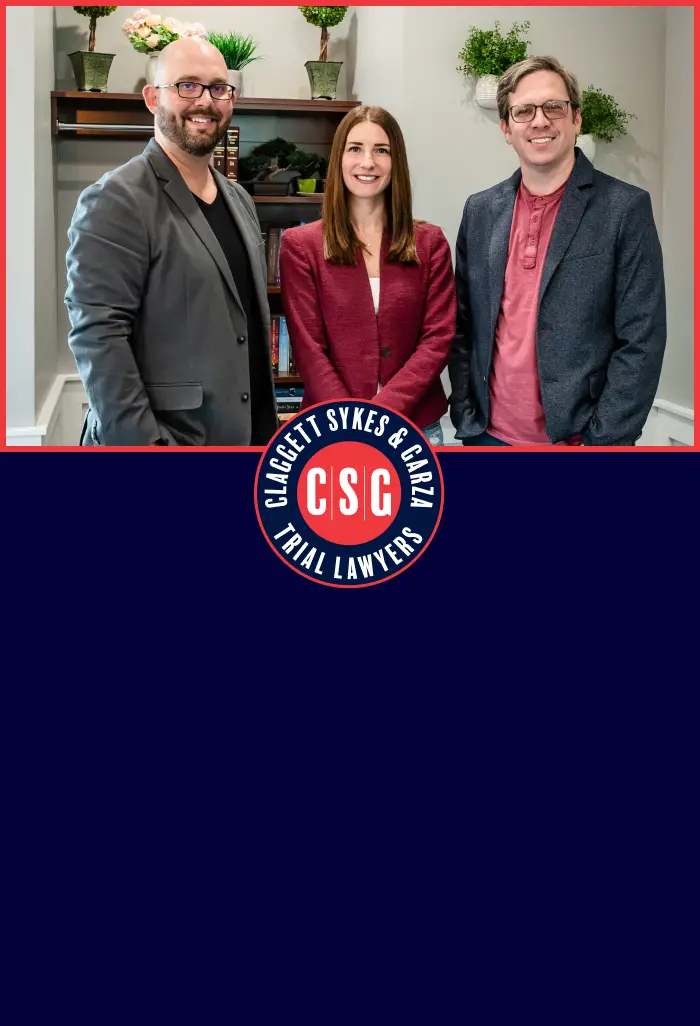
Let Us Fight for Your Rights and Maximize Your Compensation.
Proving Your Connecticut Product Liability Case
Successful product liability cases require comprehensive evidence gathering and expert analysis. Our legal team begins each case with a thorough investigation to preserve evidence and identify all potentially responsible parties. We work with engineers, medical professionals, and industry experts to build compelling cases for our clients.
Establishing Product Defects
Proving a product defect requires demonstrating that the product was unreasonably dangerous when it left the manufacturer’s control. This often involves comparing the defective product to similar products, analyzing industry standards, and examining the manufacturer’s own safety protocols. We preserve physical evidence, obtain manufacturing records, and conduct independent testing when necessary.
Expert testimony plays a crucial role in establishing defects. Engineers can explain how design flaws create dangers, while manufacturing experts can identify quality control failures. Medical experts help establish the connection between product defects and specific injuries. Our network of qualified experts provides the technical knowledge needed to prove complex product liability cases.
Our case results demonstrate our ability to successfully prove product defects and secure substantial recoveries for injured consumers throughout Connecticut.
Demonstrating Causation and Damages
Proving that a product defect caused specific injuries requires detailed medical evidence and expert analysis. We work with treating physicians, medical specialists, and accident reconstruction experts to establish clear causal connections. This is particularly important in cases involving long-term health effects or injuries with multiple potential causes.
Documenting damages involves more than just medical bills and lost wages. Product liability injuries often require ongoing medical care, rehabilitation, and lifestyle modifications. We work with life care planners and economists to calculate the full cost of our clients’ injuries, including future medical needs and diminished earning capacity.
When product defects cause fatal injuries, our Connecticut wrongful death lawyers help families pursue compensation for their devastating losses and hold manufacturers accountable for preventable deaths.
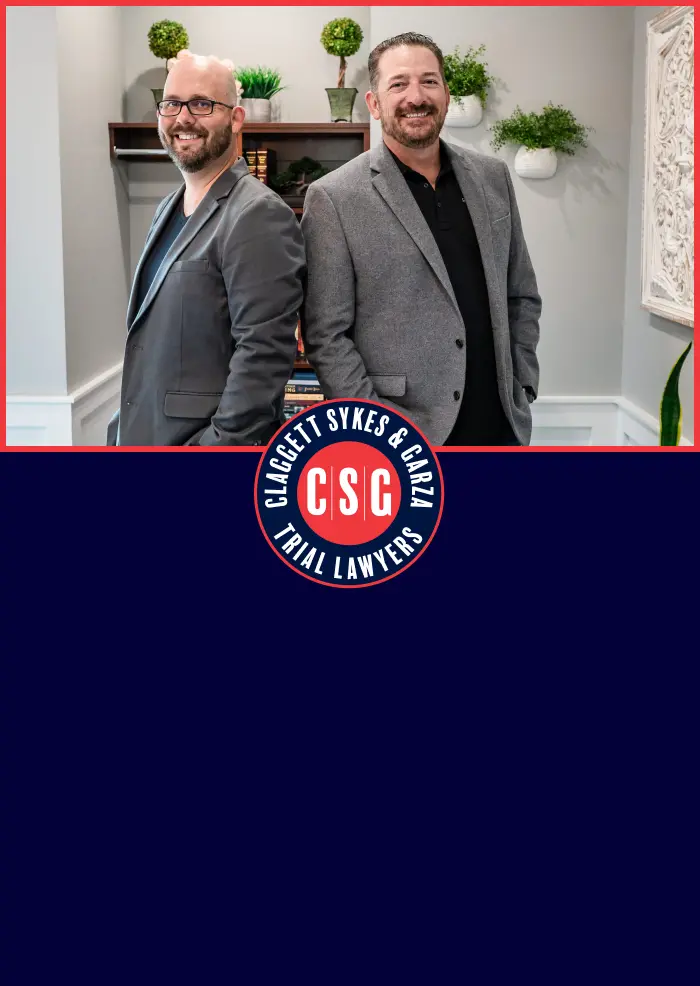
Experienced Personal Injury Lawyers Ready to Assist You.
Compensation Available for Defective Product Injuries
Connecticut product liability law allows injured consumers to recover various types of compensation for their injuries and losses. The amount of compensation depends on the severity of injuries, the impact on the victim’s life, and the degree of the manufacturer’s fault. Our attorneys fight to secure maximum compensation for every client.
Economic damages include medical expenses, lost wages, and other financial losses directly related to the injury. These damages are typically easier to calculate and prove with documentation like medical bills and employment records. However, product liability injuries often result in ongoing expenses that require careful projection and expert analysis.
Non-economic damages compensate for pain and suffering, emotional distress, and loss of life enjoyment. These damages recognize that product liability injuries often cause significant physical and emotional trauma that extends beyond financial losses. Connecticut law allows substantial non-economic damage awards in cases involving serious injuries.
In cases involving particularly egregious conduct by manufacturers, punitive damages may be available. These damages punish manufacturers who knowingly sell dangerous products and deter similar conduct in the future. Punitive damage claims require clear evidence of willful misconduct or reckless disregard for consumer safety.
Our Connecticut medical malpractice lawyers also handle cases where defective medical devices or pharmaceutical products cause injuries, requiring specialized knowledge of FDA regulations and medical standards.
Awards & Recognition
Claggett, Sykes & Garza Trial Lawyers has earned recognition for our exceptional results in product liability and personal injury cases. Andrew Garza received the 2022 Keenan Trial Institute Trial Lawyer of the Year award and the 2023 New England Legal Awards Lawyer of the Year recognition. He has been selected for Super Lawyers from 2016-2023 and named to Best Lawyers in America for Personal Injury Litigation – Plaintiffs in 2024.
Sean Claggett holds an AV Preeminent Rating from Martindale-Hubbell and maintains a 10.0 “Superb” Avvo rating. He was named Trial Lawyer of the Year by the Nevada Justice Association in 2017. Matt Granda also holds an AV Preeminent Rating and was recognized as a Top 40 Under 40 Civil Plaintiff Lawyer by The National Trial Lawyers (2019-2021).
These professional recognitions reflect our commitment to excellence and our track record of achieving outstanding results for our clients in complex product liability cases.
Contact Our Connecticut Defective Consumer Products Lawyers Today
If you or a loved one has been injured by a defective consumer product, contact Claggett, Sykes & Garza Trial Lawyers for a free consultation. Our Connecticut defective consumer products lawyers have the experience and resources to take on major manufacturers and fight for the compensation you deserve. We handle cases on a contingency fee basis, meaning you pay no attorney fees unless we secure a recovery for you.
Our offices are conveniently located in Farmington and Enfield, Connecticut, and we serve clients throughout the state. Call 860-471-8333 to schedule your free consultation and learn how we can help you hold negligent manufacturers accountable for their dangerous products.
Frequently Asked Questions
What is the statute of limitations for product liability claims in Connecticut?
Connecticut law provides a three-year statute of limitations for product liability claims, beginning from the date of injury or when the injury should have been discovered. Connecticut also has a 10-year statute of repose from the date of first delivery to the original purchaser. However, there are exceptions and nuances that can affect this timeline. Some cases may be subject to different limitation periods depending on the type of product and injury involved. It’s crucial to consult with an attorney as soon as possible after discovering an injury to ensure your rights are protected.
Can I sue if I was injured by a recalled product?
Yes, you can still pursue a product liability claim even if the product was recalled after your injury. In fact, a recall can actually strengthen your case by providing evidence that the manufacturer knew or should have known about the product’s dangers. Recalls often occur after injuries have already happened, and manufacturers remain liable for injuries caused before the recall was issued. The timing of the recall relative to your injury and the manufacturer’s knowledge of the defect are important factors in these cases.
Who can be held liable for a defective consumer product?
Multiple parties in the supply chain can potentially be held liable for defective consumer products. Under Connecticut General Statutes § 52-572m, this includes the product manufacturer, component part manufacturers, distributors, wholesalers, and retailers. Connecticut’s product liability law allows injured consumers to pursue claims against any party in the chain of distribution. The specific parties you can sue depend on the type of defect and how the product reached consumers. Our attorneys investigate all potential defendants to maximize your recovery options.
What if the product was modified after purchase?
Product modifications after purchase can complicate liability claims, but they don’t automatically bar recovery. Connecticut courts consider whether the modifications were foreseeable and whether they substantially altered the product’s safety characteristics. If the modification was minor or foreseeable, the original manufacturer may still be liable. However, if substantial modifications created new dangers, liability may shift to the person who made the changes. Each case requires individual analysis of the modifications and their impact on the product’s safety.
How much does it cost to hire a product liability lawyer?
Claggett, Sykes & Garza Trial Lawyers handles product liability cases on a contingency fee basis, meaning you pay no attorney fees unless we secure a recovery for you. This arrangement allows injured consumers to pursue justice without upfront legal costs. We advance all case expenses, including expert witness fees and investigation costs, and only recover these expenses if we win your case. This fee structure ensures that everyone has access to quality legal representation regardless of their financial situation.
